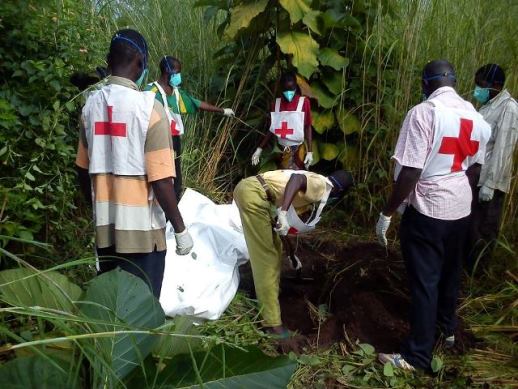Ban Ki-moon, Secretary General of the United Nations, pictured in 2012.Africa Renewal / Flickr / Creative Commons
The UN Secretary General Ban-Ki moon said on Monday (Nov. 18) that anarchy in the Central African Republic risks spiralling further out of control, and could need up to 9,000 peacekeepers.
In a report Ki-moon commissioned, due to be debated at the UN on Nov. 25, his adviser expresses alarm about increasing retaliatory attacks between Muslim and Christian groups. The report calls on the UN Security Council to act urgently on the crisis.
The Security Council is due to meet on Nov. 25 at France’s request, to decide whether to create a UN peacekeeping force for the area. Ki-moon said on Monday the UN is preparing to deploy peacekeepers to CAR eventually, but that the African Union (AU) and Economic Community of Central African States (ECCAS) first want a chance to try to combat the crisis.
The UN and France have warned that the number of African peacekeepers intended to be deployed under ECCAS and the AU by 2014 will not be enough to curb the spiral of violence in the country. The latest report offers the option of a UN peacekeeping force of between 6,000 and 9,000 troops, plus 1,700 police.
Ki-moon stressed the importance of implementing strategies which will see that the focus on security and development coincides. “Today we are sounding the alarm for immediate, decisive action to ensure that the crisis is addressed in all its dimensions – security, political, human rights and humanitarian,” he said.
Last Wednesday, rebels from the Islamist Séléka group opened fire on civilians protesting the kidnapping of a soldier, killing at least three and injuring several others. ECCAS peacekeepers responded but retreated when the rebels fired at them. On Nov. 16 ex-rebels also shot dead Judge Modeste Martineau Bria, the Director of Judicial Services, and his assistant. “Ex-Séléka members… sped up to them on a motorbike and opened fire,” a police officer said. The motive for the murder is unknown.
The UN has called on the Transitional Government to bring the perpetrators to justice.
Ki-moon also discussed the escalating religious tensions between Muslims and Christians in the CAR. These tensions are being exploited by the ex-Séléka coalition.

Since the Séléka coup in March, the country has descended into anarchy. Warlords and militia continue to loot, rape and murder. After facing months of victimisation, the mostly Christian and Animist local population started forming self-defence groups in September to counter the marauding Séléka. These self-defence groups have now attacked Muslims, raising fears of inter-faith genocide, inviting brutal reprisals from Séléka.
The Séléka rebel alliance led by Michel Djotodia toppled the government of President Francois Bozizé in a coup in March. The rebels recruited as many as 20,000 mercenaries from Chad and Sudan. Their campaign to conquer Bangui was characterised by horrific violence directed at the mostly Christian population.
After the fall of Bangui and after Djotodia became President of the Transitional Government, the coalition lost control over the Séléka soldiers. Séléka was disbanded by Djotodia in September, but warlords and militia continue to loot, rape and murder Christians, in particular, while sparing Muslim villages.
The Africa Director of Open Doors, which is partnering with the main CAR Church leaders and denominations to both bring in aid and raise global awareness, said: “We remain concerned over ECCAS and the AU’s reluctance to ask for help from the UN in restoring order to CAR. We support the Church in CAR in asking for the deployment of at least 10,000 troops under the authority of the UN. We call on the UN Security Council members to vote in favour of this deployment, and thus prevent the genocidal interfaith war Christian leaders have warned the international community about in their Bangui Declaration.”
Meanwhile, the situation in the CAR was the subject of an hour’s debate in the UK’s House of Lords.
The founder of the All Parliamentary Group on International Freedom of Religion or Belief, Baroness Elizabeth Berridge, introduced the debate. Baroness Kinnock, a former Minister for Africa and the UN, quoted Adama Dieng, UN special adviser on the prevention of genocide, who, she said, after a recent visit to the CAR, “did indeed speak of the possibility of genocide, in what he described as a ‘tinderbox’ and a country where ‘the scale of suffering is among the worst in the world’, and where a daunting host of problems impede delivery of humanitarian assistance”.